1. 泡吧
pào bā
to kill time in a bar
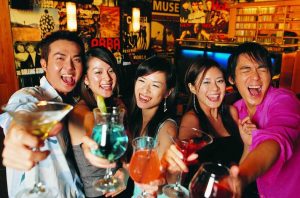
Let’s break it down:
泡(pào): to soak
吧(bā): bar
“泡吧(pào bā)” literally means “to soak yourself in a bar”. This word is often used to describe a person who likes to kill time in a bar.
Examples:
Young people like to kill time in bars.
年轻人都喜欢泡吧。
nián qīng rén dōu xǐ huān pào bā.
Tonight we’re going to hit the bars.
今天晚上我们去泡吧。
jīn tiān wǎn shàng wǒ men qù pào bā.
2. 酷
kù
cool, groovy
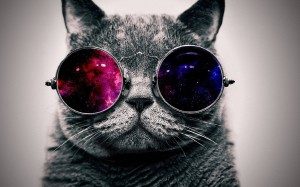
Let’s break it down:
酷(kù): cool
As you might’ve guessed, the Chinese word “酷(kù)” is borrowed from the English word “cool”. It’s a very popular word among young people and is often used to describe something cool and groovy.
Interesting facts:
Since the reform and open policy, China has become more and more tolerant towards foreign cultures. Consequently, there has been an increasing number of exotic words which are commonly used in daily life Chinese language. For example, “脱口秀(tuō kǒu xiù)” means “talk show”, and “黑客(hēikè)” means “hacker”.
Examples:
This shirt is so cool.
这件衬衫太酷了。
zhè jiàn chèn shān tài kù le.
This tattoo is so cool, it looks brilliant on you.
这个纹身太酷了,看上去很赞。
zhè gè wén shēn tài kù le, kàn shàng qù hěn kù.
3. 坑爹
kēng diē
Are you kidding me?
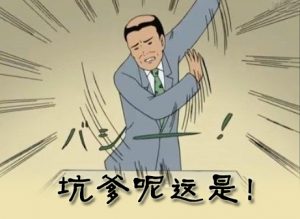
Let’s break it down:
坑(kēng): entrap
爹(diē): father
“坑爹(kēngdiē)” literally means “entrap one’s father”, and the image of a father is often considered impartial and selfless. Therefore this word is used in many cases when someone feels frustrated because he/she has been fooled or deceived. It’s like: “Come on, are you kidding me?!”
Examples:
这支笔要300元,太坑爹了。
The price of this pen is 300RMB, are you kidding me?!
zhè zhī bǐ yào 300 yuán , tài kēng diē le.
他在你面前说了我坏话?太坑爹了。
He talked bad about me in front you? Are you kidding me?!
tā zài nǐ miàn qián shuō le wǒ huài huà? tài kēng diē le.
4. 倍儿
bèir
extremely
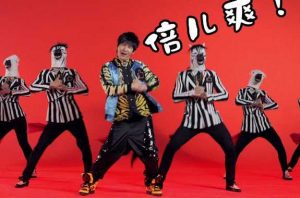
Let’s break it down:
倍(bèi): times
“倍(bèi)” means “times”, for example, “A比B大两倍(A bǐ B dà liǎng bèi)” means “A is two times bigger than B”. “倍儿(bèir)” is usually followed by an adjective, like “倍儿好(bèir hǎo)”, which means the adjective is “intensified” several times, therefore it means “extremely good”.
Examples:
这西瓜倍儿甜。
The watermelon is extremely sweet.
zhè xī guā bèir tián.
那楼倍儿高。
That building is extremely tall.
nà lóu bèir gāo.
5. 菜
cài
bad
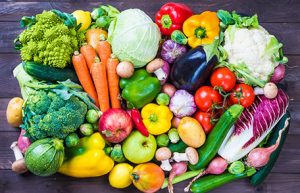
Let’s break it down:
菜 (cài): food or vegetable, but in the case it means bad.
“菜(cài)” means food or vegetable, which has nothing to do with “bad”. However, nowadays young people often use this word to describe something bad or indecent. One of the reasons why “菜(cài)” has such a meaning is probably because in Dongbei (Northeast China) dialect, “坏菜(huài cài)” literally means “bad food” and is commonly used to describe something terrible.
Examples:
他的数学很菜。
He’s bad at maths.
tā de shù xué hěn cài.
这本书很菜。
This book is boring.
zhè běn shū hěn cài.








0 Comments